Introduction
Diphtheria antitoxin is used to prevent and/or treat diphtheria infection in persons exposed to the disease.
Although rare in the U.S., diphtheria is a serious disease that can cause life-threatening illnesses. Diphtheria is transmitted through contact with an infected person or a carrier of the disease.
Diphtheria antitoxin is to be administered only by or under the supervision of your doctor or other health care professional.
Before Using
In deciding to use a medicine, the risks of taking the medicine must be weighed against the good it will do. This is a decision you and your doctor will make. For this medicine, the following should be considered:
Allergies
Tell your doctor if you have ever had any unusual or allergic reaction to this medicine or any other medicines. Also tell your health care professional if you have any other types of allergies, such as to foods, dyes, preservatives, or animals. For non-prescription products, read the label or package ingredients carefully.
Pediatric
Although there is no specific information comparing use of diphtheria antitoxin in children with use in other age groups, this medicine is not expected to cause different side effects or problems in children than it does in adults.
Geriatric
Many medicines have not been studied specifically in older people. Therefore, it may not be known whether they work exactly the same way they do in younger adults or if they cause different side effects or problems in older people. There is no specific information comparing use of diphtheria antitoxin in the elderly with use in other age groups. However, there is no evidence that the effects of diphtheria antitoxin in older adults differ from those in younger persons.
Breastfeeding
Studies in women suggest that this medication poses minimal risk to the infant when used during breastfeeding.
Drug Interactions
Although certain medicines should not be used together at all, in other cases two different medicines may be used together even if an interaction might occur. In these cases, your doctor may want to change the dose, or other precautions may be necessary. Tell your healthcare professional if you are taking any other prescription or nonprescription (over-the-counter [OTC]) medicine.
Other Interactions
Certain medicines should not be used at or around the time of eating food or eating certain types of food since interactions may occur. Using alcohol or tobacco with certain medicines may also cause interactions to occur. Discuss with your healthcare professional the use of your medicine with food, alcohol, or tobacco.
Other Medical Problems
The presence of other medical problems may affect the use of diphtheria antitoxin. Make sure you tell your doctor if you have any other medical problems.

 MEDICINES
MEDICINES PATIENT ASSISTANCE PROGRAMS
PATIENT ASSISTANCE PROGRAMS IMPORTED MEDICINES
IMPORTED MEDICINES CONTACT US
CONTACT US Upload
Upload

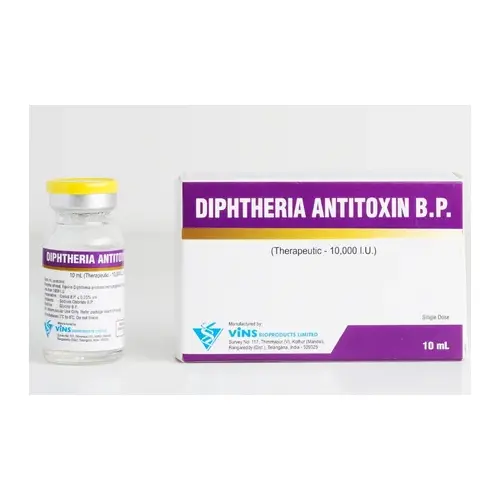


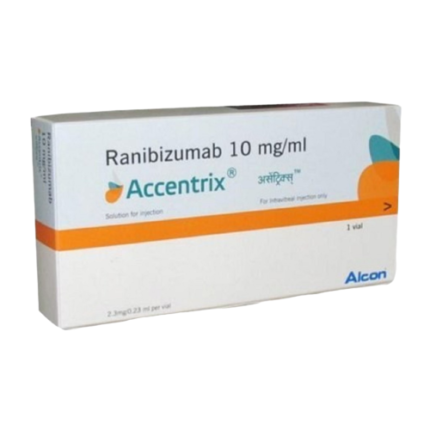

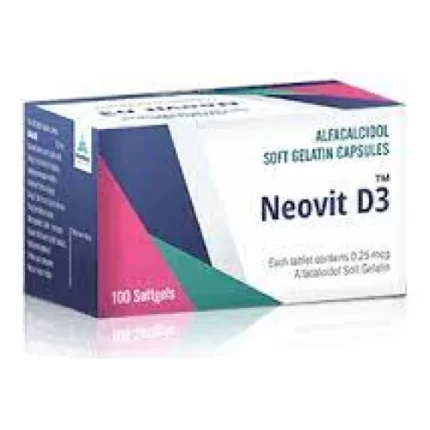
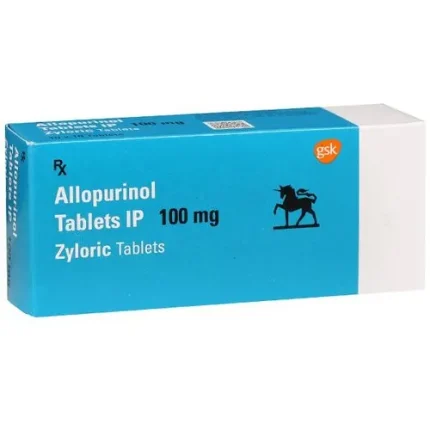


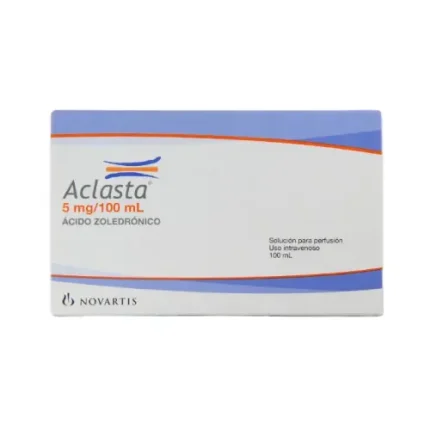

Reviews
There are no reviews yet.